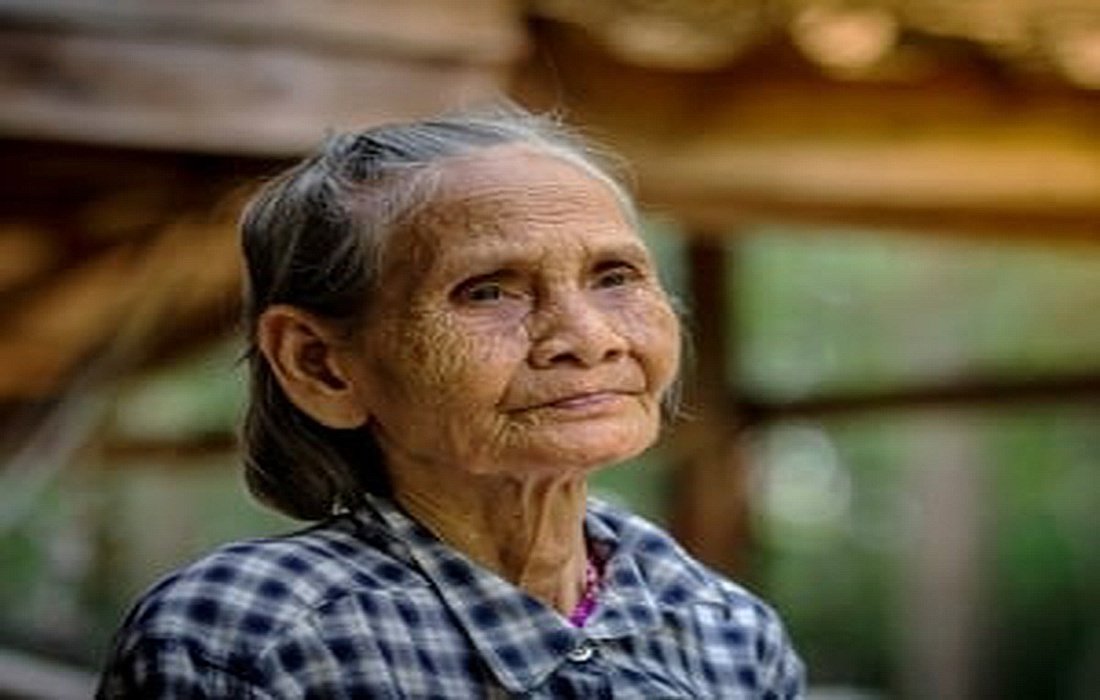Common traits among the oldest people in the world and the long-lifersLong life
The number of years you have lived relates to the concept of physical time. Time here does not refer to the date on the wall calendar or the time shown on your wristwatch. Time is a man-made concept used to measure how we move through space. Research by scientists reveals the common traits shared by the oldest humans in the world.
Biology of Age
Simplistically, aging is related to the decrease in the body’s cell repair processes, abnormal regeneration, and its halt.
The body consists of many cells, and a collection of cells is known as tissue, which together form muscles and organs. During youth, the body’s organs do not need to work at maximum capacity, but after the age of 30, muscle strength gradually decreases, requiring more energy expenditure by the individual.
After a certain point, the less care a person takes of themselves, the more unfavorable conditions arise for the body’s cells, leading to the need for increased energy to perform various tasks.
Which cells and tissues are affected due to lack of necessary care varies from person to person, so while one individual may suffer aheart attackat the age of 45, another may only experience muscle weakness or joint pain. Specialists studying human aging believe several variables contribute to these inconsistencies and exacerbate them.
Indicators of General Health and Age
Some of these indicators include:
– Genetics and hereditary traits
– The environment in which a person lives
– The cultures that influence a person as they grow up
– The types and quantities of food consumed by an individual
– Level of physical activity
– Amount of sleep
– Past illnesses and injuries of the individual
– Additionally, smoking, drug use, and chronic exposure to toxins are also included in this list.
Mental and Brain Age
The body’s cells are not the only ones that change; as we age, specific changes also occur in the brain, such as:
– Parts of the brain related to learning and complex mental tasks shrink, primarily involving the frontal lobe and hippocampus.
– Neuron connectivity decreases in certain areas of the brain associated with hormone secretion.
– Blood flow decreases.
– The likelihood of various inflammations increases.
– Synaptic connections reduce, leading to thinning of the brain’s outer cortex.
– Myelin or nerve bundles decrease in size.

These changes manifest through specific symptoms:
– Difficulty recalling names, numbers, and finding the right words
– Trouble with complex tasks
– Challenges in maintaining focus on various subjects
– Spending more time to memorize new information
None of these features indicate that older individuals are unable to learn new skills, languages, or vocabulary. Overall, aging does not mean a person’s ability to learn diminishes.
Most of the issues mentioned above stem from decreased blood flow to the brain. The human brain requires 20% of the body’s blood to perform its functions accurately, and by engaging in suitable exercises and learning new skills and things, you can help maintain the connections between different parts of the brain and keep it strong.
8 Common Habits of People Who Live Long Lives:
1. Maintaining Sufficient Activity
We have repeatedly mentioned in various sections ofSelMagzthat engaging in activities such aswalking, lifting light to moderate weights, bending, and stretching the body’s limbs promotes proper functioning of joints, appropriate muscle stretching, heart pumping, and healthy blood circulation throughout the body, including the brain.

2. Recognizing Daily Goals
Knowing the answer to what you wake up for each morning and your purpose in life is essential. Having a suitable job and starting a family is a very achievable goal. It’s also necessary to plan for goals following these achievements; for some, that might mean having grandchildren, gardening, or building a treehouse. Importantly, always create motivation to strive for yourself.
3. Reducing Levels ofStress
Stress is inevitable, but chronic stress is deadly. If your stress level leads to feelings ofdepressionandanxiety, it’s crucial to find suitable ways to manage it. Sometimes letting go of many small things can lead to better and greater rewards.

4. Avoiding Complete Fullness
When eating, it’s better to stop before feeling completely full and to remain moderately satisfied.
5. Prioritizing the Consumption of Fruits and Vegetables
Most people who have lived the longest tend to have a greater inclination toward plant-based foods. These individuals consumed meat only 2 or 3 times a month, while keeping the sugar and processed foods in their diet to a minimum.
6. Living in a Place You Enjoy
Finding a location that aligns with your beliefs, interests, and values is very important, where you feel satisfied. For example, living in a busy city may not be enjoyable for everyone, so choose a peaceful place that brings you contentment.

7. Maintaining Close Family Connections
Knowing that you are not alone in life, and that others are available to help and share many things with you, satisfies the need for importance, safety, and connection, which are essential for humans.
8. Being Social
Interacting with others is incredibly beneficial for the spirit and mind. Studies indicate that active participation in the community helps prevent depression, reduces stress, and improves brain function and memory. People who are more social generally have a stronger sense of security.
Age is just a number. It only shows how many times you have orbited the sun on Earth. There’s no reason you cannot remain naturally alert and active throughout your life. Researchers have proven that we can easily keep our minds and bodies young without incurring huge costs, and the more we care for our physical and mental health, the younger we will feel.







